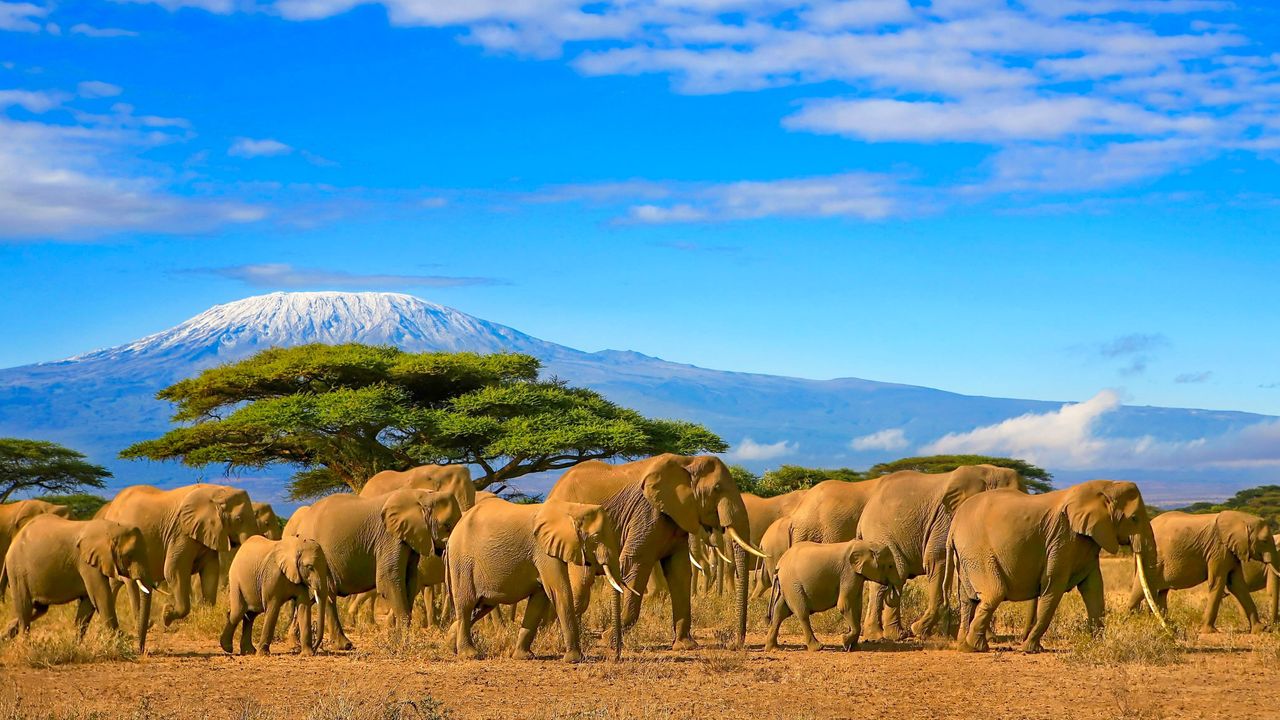Cultural Experiences in Africa: A Journey of Cultural Immersion, Heritage Preservation, and Exchange
Africa is a continent rich in diversity, with a tapestry of cultures that have evolved over centuries. From the vibrant tribes of East Africa to the ancient civilizations of North Africa, the continent offers an array of cultural experiences that are both captivating and enlightening. Cultural immersion, heritage preservation, and exchange play significant roles in exploring and understanding the depth of Africa’s cultural heritage.
Cultural Immersion: Delving into the Heart of African Cultures
Cultural immersion is an essential aspect of experiencing Africa’s diverse cultures. It involves fully immersing oneself in the local customs, traditions, and way of life. By engaging with local communities, visitors can gain a deeper understanding of the values, beliefs, and practices that shape African societies.
One way to immerse oneself in African culture is through homestays, where visitors live with local families, sharing meals, participating in daily activities, and learning traditional skills. This firsthand experience allows for a genuine connection with the local community, fostering mutual respect and appreciation.
Another way to immerse oneself in African culture is by attending cultural festivals and events. These celebrations showcase traditional music, dance, art, and cuisine, providing a glimpse into the rich cultural heritage of the region. Whether it’s the vibrant Carnival in Rio de Janeiro or the mesmerizing Omo Valley Festival in Ethiopia, these events offer a unique opportunity to witness the diversity and vibrancy of African cultures.
Cultural Heritage Preservation: Safeguarding Africa’s Rich Legacy
Africa’s cultural heritage is a treasure trove of history, art, and knowledge. Preserving this heritage is crucial for future generations to understand and appreciate the continent’s rich past. Cultural heritage preservation involves safeguarding historical sites, artifacts, traditional practices, and intangible cultural expressions.
Many African countries have taken steps to protect their cultural heritage by designating UNESCO World Heritage Sites. These sites, such as the Great Pyramids of Giza in Egypt or the Rock-Hewn Churches of Lalibela in Ethiopia, are recognized for their outstanding universal value and are protected under international law.
Additionally, local communities and organizations play a vital role in preserving cultural heritage. They work to revive traditional practices, promote indigenous knowledge systems, and ensure the transmission of cultural values to younger generations. By actively involving local communities, cultural heritage preservation becomes a collective effort that fosters a sense of pride and ownership.
Cultural Exchange: Bridging the Gap Between Cultures
Cultural exchange is a two-way process that promotes understanding, respect, and appreciation between different cultures. It involves the sharing of ideas, knowledge, and experiences, fostering a sense of global citizenship. Africa offers numerous opportunities for cultural exchange, where visitors can engage with locals and learn from their unique perspectives.
Volunteer programs and community-based tourism initiatives allow travelers to actively contribute to local development projects while learning about African cultures. By working side by side with community members, visitors gain insights into the challenges and aspirations of the local population, promoting empathy and cross-cultural understanding.
Furthermore, educational institutions and cultural organizations facilitate cultural exchange programs, enabling students and professionals to study, research, and collaborate with African communities. These programs not only enhance academic and professional growth but also create lasting connections and friendships across borders.
Conclusion
Africa’s cultural experiences offer a transformative journey of cultural immersion, heritage preservation, and exchange. By embracing these aspects, visitors can delve into the heart of African cultures, contribute to the preservation of its rich heritage, and bridge the gap between diverse societies. Through these experiences, Africa’s cultural tapestry becomes a source of inspiration, enlightenment, and appreciation for the beauty and diversity of our world.


